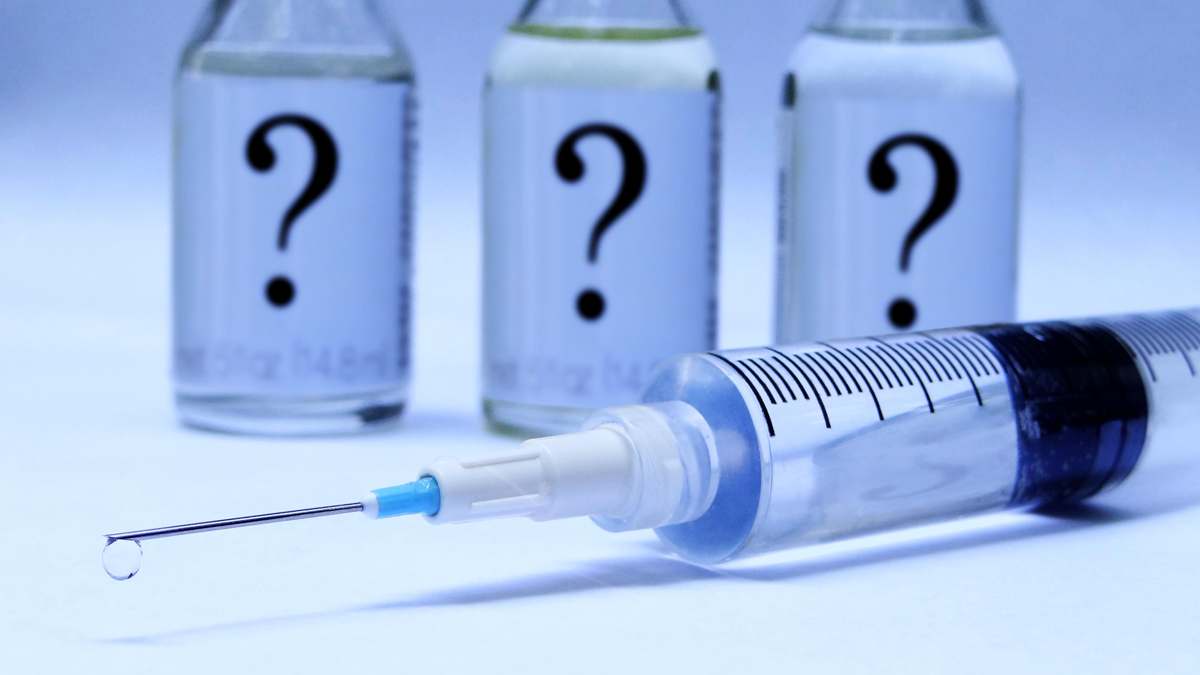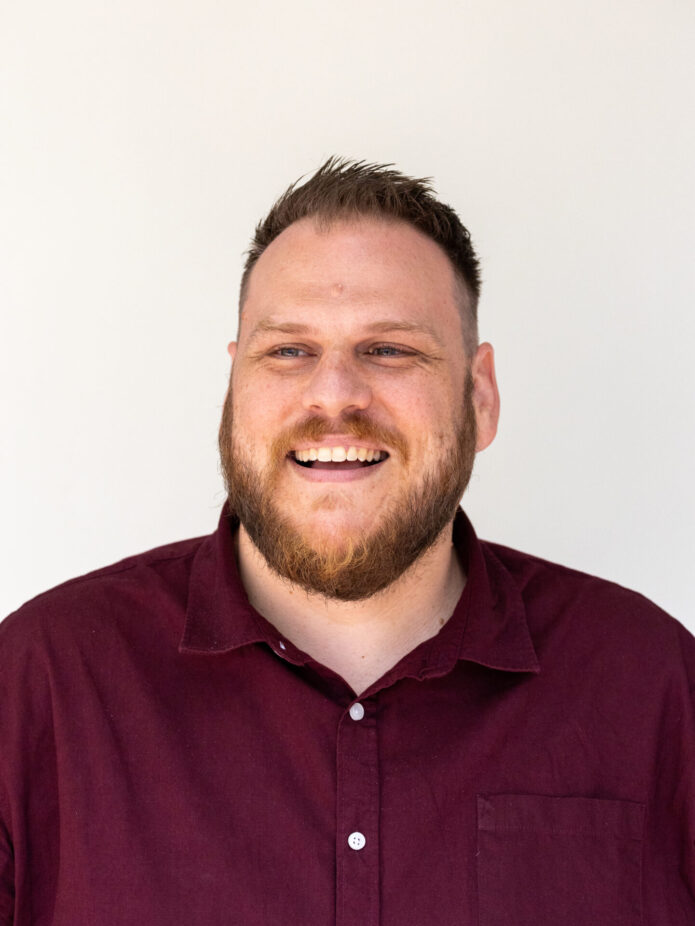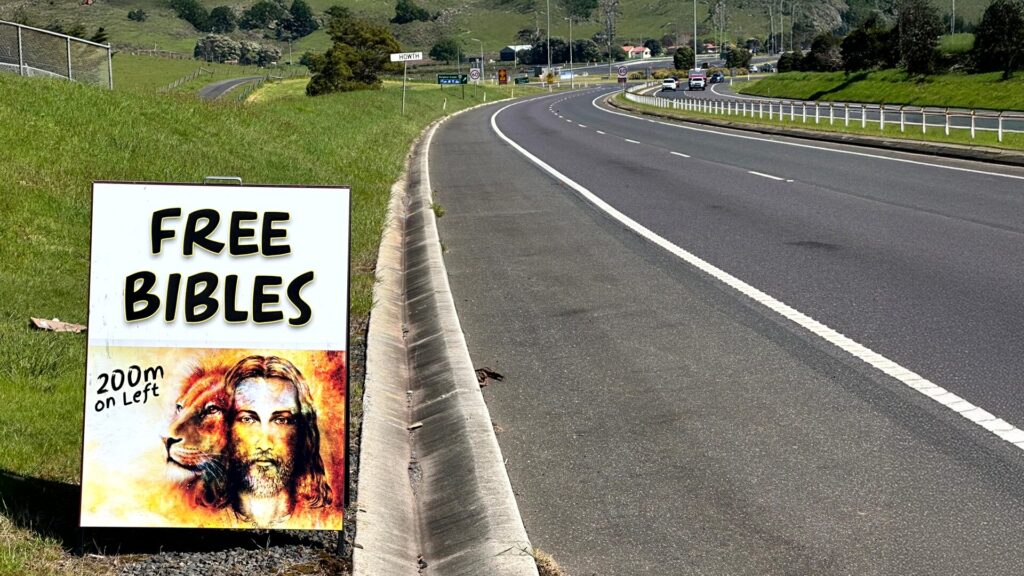There is a disturbing new trend—a rash of what people are calling “opioid obituaries”.
An obituary usually pays tribute to someone who has died—often in flowery language that wallpapers over the cracks in their lives. There is almost an unspoken rule in society that you don’t speak ill of the dead. Any shortcoming is glossed over while every good quality is amplified.
Yet some families, like the family of Andrew Oswald III, are breaking that tradition in an effort to combat an epidemic that is sweeping societies like Australia, New Zealand and the US (where Andrew is from)—opioid addiction.
Opioids are drugs—like codeine and morphine—used to ease pain. They include illegal drugs like heroin. Many are available by prescription; all can be addictive and cause withdrawal symptoms.
Andrew Oswald overdosed at the age of 23. He was a “gifted writer” and “music buff”, yet his parents decided to lead with the raw and unpalatable truth: “Our beautiful son, Andrew, died from an overdose of heroin,” his opioid obituary read.1
“We want to share his story in the hope that lives may be saved and his death will not be in vain.”
I’m sure Andrew’s parents struggled with the decision to share the grim truth. They may have faced opposition from family members, Andrew’s friends, social media voyeurs, even (I have no idea whether they are religious or not) members of their church. Perhaps you think they would have been better off keeping it to themselves.
But here’s why it is important.
“Hundreds showed up to Andrew’s funeral; many were relatives of people who were dealing with addiction, or who had died of overdoses. They told Andrew’s parents they had found comfort in the obituary’s message about how the addiction was not a failure or weakness, but a disease.”
Andrew’s struggles with drugs, his pain and his death touched people who didn’t know him yet came to his funeral. How many more people were impacted but didn’t show up?
As tragic as it was, Andrew’s parents allowed his story to serve as a warning and, hopefully, start the journey of healing for others.
What a shame that the truth and struggle as well as the love and support only came out after Andrew died.
At church we often put on our funeral faces. We talk of sin and death and struggle in a theoretical way, instead of in a personal one. We gloss over the cracks and the brokenness in our lives, telling sanitised, safe versions of our historical testimonies (if we share testimonies at all). Yet the full gospel includes a grappling with and understanding of the virus of sin, not just an acceptance of the wonderful love and grace of Jesus. Jesus can help us reject that virus, even if we can never fully be rid of it in this life.
God uses people’s mess as a message. What if church was known, not for its hypocrites and its fake Christians, but for God’s power to heal broken people. At my local church I’ve experienced the power of gender specific cell groups where people have the space to “confess your sins one to another and pray for one another” (James 5:16).
Sharing your brokenness makes the gospel less about you and more about God. It keeps you humble, takes away the shadows for the devil to play in and helps people who are going through similar struggles. It doesn’t allow them to be justified or condone them but they are exposed and healed. If an adhesive bandage is left on for too long, the wound left unexposed will start to stink and fester.
Maybe if we shared more opioid obituaries in and from our churches while we were still alive, hundreds of addicts and the families of the broken would flock to our broken churches to find hope and healing in Jesus and community with us.
And there would be less young men and women, like Andrew, to bury.






